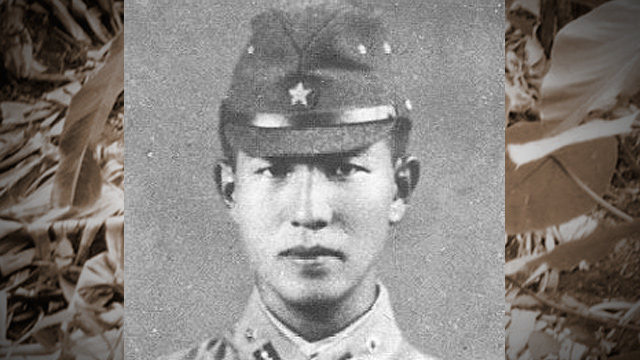SUMMARY
This is AI generated summarization, which may have errors. For context, always refer to the full article.

TOKYO, Japan – A Japanese soldier who hid in the Philippine jungle for three decades because he did not believe World War II was over, has died in Tokyo aged 91.
Hiroo Onoda waged a guerilla campaign in Lubang Island near Luzon until he was finally persuaded in 1974 that peace had broken out.
Leaflet drops and other efforts to convince him the Imperial Army had been defeated were unsuccessful, and it was only a visit from his former commanding officer, who ordered him to lay down his arms, that brought an end to his war.
Onoda was the last of several dozen so-called holdouts scattered around Asia, men who symbolised the astonishing perseverance of those called upon to fight for their emperor.
Trained as an information officer and guerrilla tactics coach, Onoda was dispatched to Lubang in 1944 and ordered never to surrender, never to resort to suicidal attacks and to hold firm until reinforcements arrived.
He and 3 other soldiers held firm to that order long after Japan’s 1945 defeat.
Their existence in the Philippines became widely known in 1950, after one of them emerged and returned to Japan.
The remaining men continued to survey area military facilities, attacking local residents and occasionally fight with Philippine forces.
One of them died in the 1950s.
Tokyo and Manila searched for the remaining two over the next decade, but ruled in 1959 that they were already dead.
However, in 1972, Onoda and the other soldier got involved in a shoot-out with local troops. His comrade died, but Onoda managed to escape.
The incident shocked Japan, which took his family members to Lubang in the hope of persuading him that hostilities were over.
Onoda later explained that he had believed attempts to coax him out were the work of a puppet regime installed in Tokyo by the United States.
It was not until 1974 when his old commanding officer visited him at his jungle hideout and rescinded the original order that Onoda’s war eventually ended. – Rappler.com
Add a comment
How does this make you feel?
There are no comments yet. Add your comment to start the conversation.